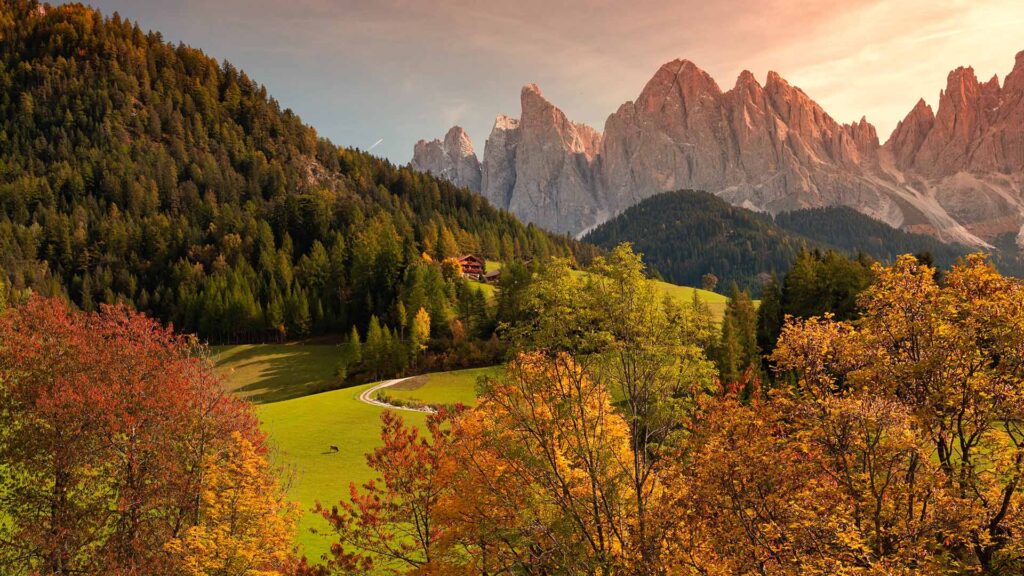
The Seven-Day Week
Unlike the year, month, or day, the seven-day week has no basis in astronomical movements. The only record of its origin is found in the Genesis creation account. Throughout human history, the seven-day week has been observed by most cultures in every part of the world. In the Genesis account of the worldwide flood, the seven-day week is referred to by God when He says to Noah, “For yet seven days, and I will cause it to rain upon the earth forty days and forty nights; and every living substance that I have made will I destroy from off the face of the earth” (Genesis 7:4).
The first known reference to the seven-day week in extra-biblical sources occurs on inscribed potsherds dating from the fifth century before Christ discovered on the island of Elephantine in 1940. One clay tablet begins with these words: “Greetings to Yislah. Now look, I shall not send the jar tomorrow. Fasten the ox tomorrow, on the Sabbath, lest he may go astray. As Jehovah liveth!” (Published by A. Dupont-Sommer in France; Review and Herald, 127:10, March 23, 1950).





